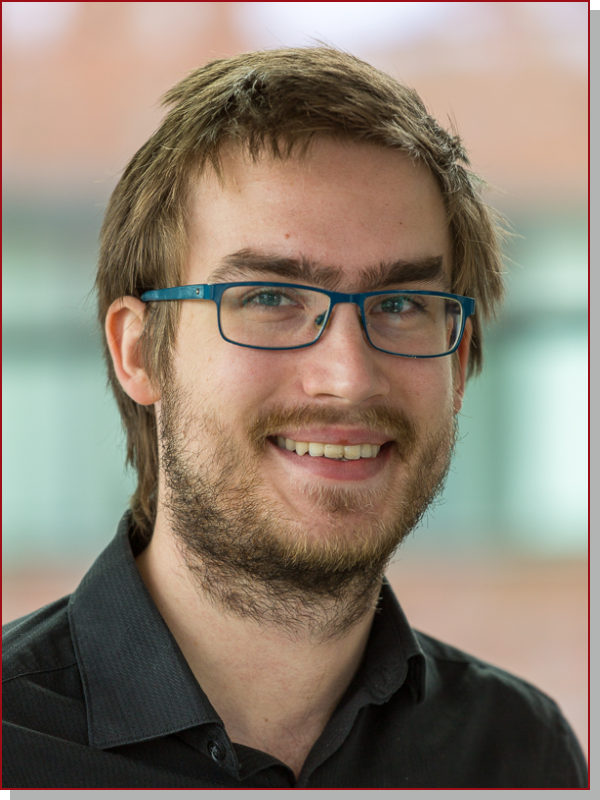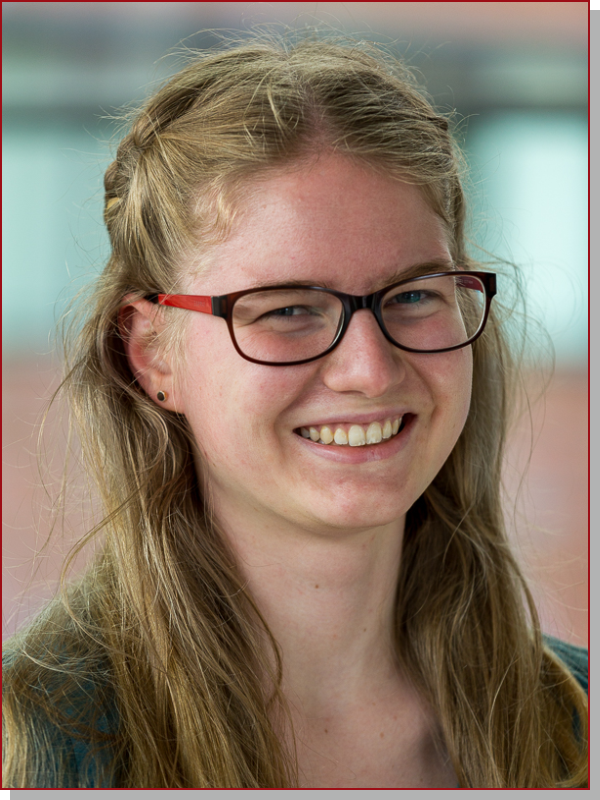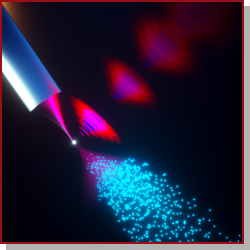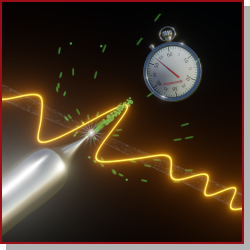| 2023 |
|---|

07.12.2023
M.Sc. Richard Altenkirch received teaching award
M.Sc. Richard Altenkirch was honored with a teaching award of the faculty of mathematics and natural sciences for the summer semester 2023. The prize rewards excellent performance in teaching and is presented by the Dean of the MNF Prof. Dr. Oliver Kühn and the Dean of Studies Prof. Dr. Friedemann Reinhard.
Congratulations!

07.12.2023
M.Sc. Anne Herzig received teaching award
M.Sc. Anne Herzig was honored with a teaching award of the faculty of mathematics and natural sciences for the summer semester 2023. The prize rewards excellent performance in teaching and is presented by the Dean of the MNF Prof. Dr. Oliver Kühn and the Dean of Studies Prof. Dr. Friedemann Reinhard.
Congratulations!

14.11.2023
Congratulations to the doctorate
In July 2023, the Faculty of Mathematics and Natural Sciences at the University of Rostock awarded Benjamin Liewehr (M.Sc.) the degree of Dr. rer. nat.
His dissertation project on ultrafast nanoplasma dynamics in dielectrics is closely linked to research in the field of strong-field physics and attosecond research within the CRC 1477 'Light-Matter Interaction at Interfaces'. Immediately after completing his dissertation, he found an exciting job in industry and is currently working at Liebherr MCCtec Rostock GmbH.
Congratulations!
26.04.2023
Controlled tunneling
How short can the time window be in which electrons can be released from metals under the control of a light field? We were able to answer this question, which is essential for future electronic circuits, in a collaborative experimental and theoretical study together with scientists from Erlangen and Konstanz with the help of a trick. By means of an extremely precisely adjustable superposition of two different laser fields, we have succeeded for the first time in measuring the tunneling of electrons from metals down to a few tens of attoseconds and in controlling the ultrafast electronic quantum dynamics. The findings could enable electronic signal processing that is up to a million times faster than current technology and were recently published (Dienstbier et al., Nature 616, 702-706 (2023)).
- To the original article
- Press releases: FAU Erlangen-Nürnberg
25.01.2023
Electrons in the fast lane
A collaborative study with Prof. Goulielmakis' group on the generation and measurement of the shortest electron pulse to date was published in Nature (Kim et al., Nature 613, 662-666 (2023)). The pulse was generated using lasers to release electrons from a tiny metal tip and lasted only 53 attoseconds, that is 53 billionths of a billionth of a second. The study sets a new speed record in man-made control of electric currents in solid materials and opens new possibilities for improving the performance of electronics and information technologies, as well as for developing new scientific methods for visualizing phenomena in the microcosm at ultimate speeds.
- To the original article
- Press releases: University of Rostock
- Video: Electrons in the fast lane


